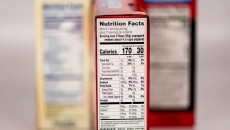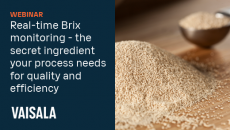E. coli in organics depends on manure treatment, say scientists
They developed a new computer model called Coliwave that predicts the risk of E. coli contamination in manure, which is often used as fertilizer in organic farming. The researchers found that the way manure is treated and stored has a huge impact on E. coli levels – which could mean that good organic farming practices produce foods that are less likely to be contaminated with the bug.
Manure is composted before it is spread on the soil, a process that generates heat. It is understood that this heat can kill most of the E. coli in manure, the researchers wrote.
However, they found that when it is regularly turned – once a week – the incidence of E. coli could be reduced by as much as 70 percent, due to the increased stress on E. coli bacteria caused by changing temperature.
“Significant contributions to our understanding of population dynamics are made with Coliwave. The most important is the development of a method to estimate relative growth and death rates of E. coli O157:H7,” they wrote.
The E. coli 0157:H7 strain is the most common cause of infectious bloody diarrhea in the United States, linked to nearly 73,000 cases every year.
The researchers added that it is still important for farmers to try and prevent E. coli from forming in cattle, for example by feeding them a high fiber diet.
Source: Ecological Modelling
(2009), doi:10.1016/j.ecolmodel.2009.10.028
“COLIWAVE a simulation model for survival of E. coli O157:H7 in dairy manure and manure-amended soil”
Authors: Alexander V. Semenova, Eelco Franzb, Ariena H.C. van Bruggenc













